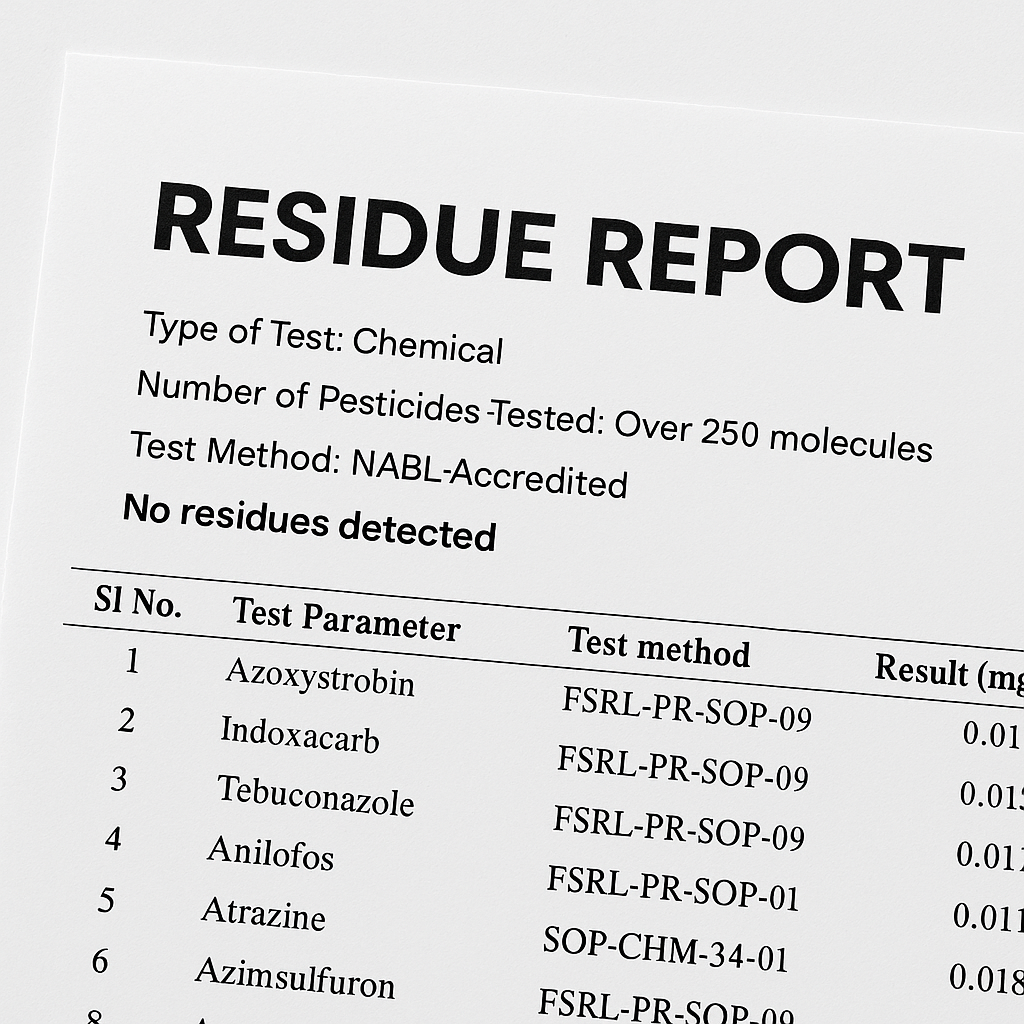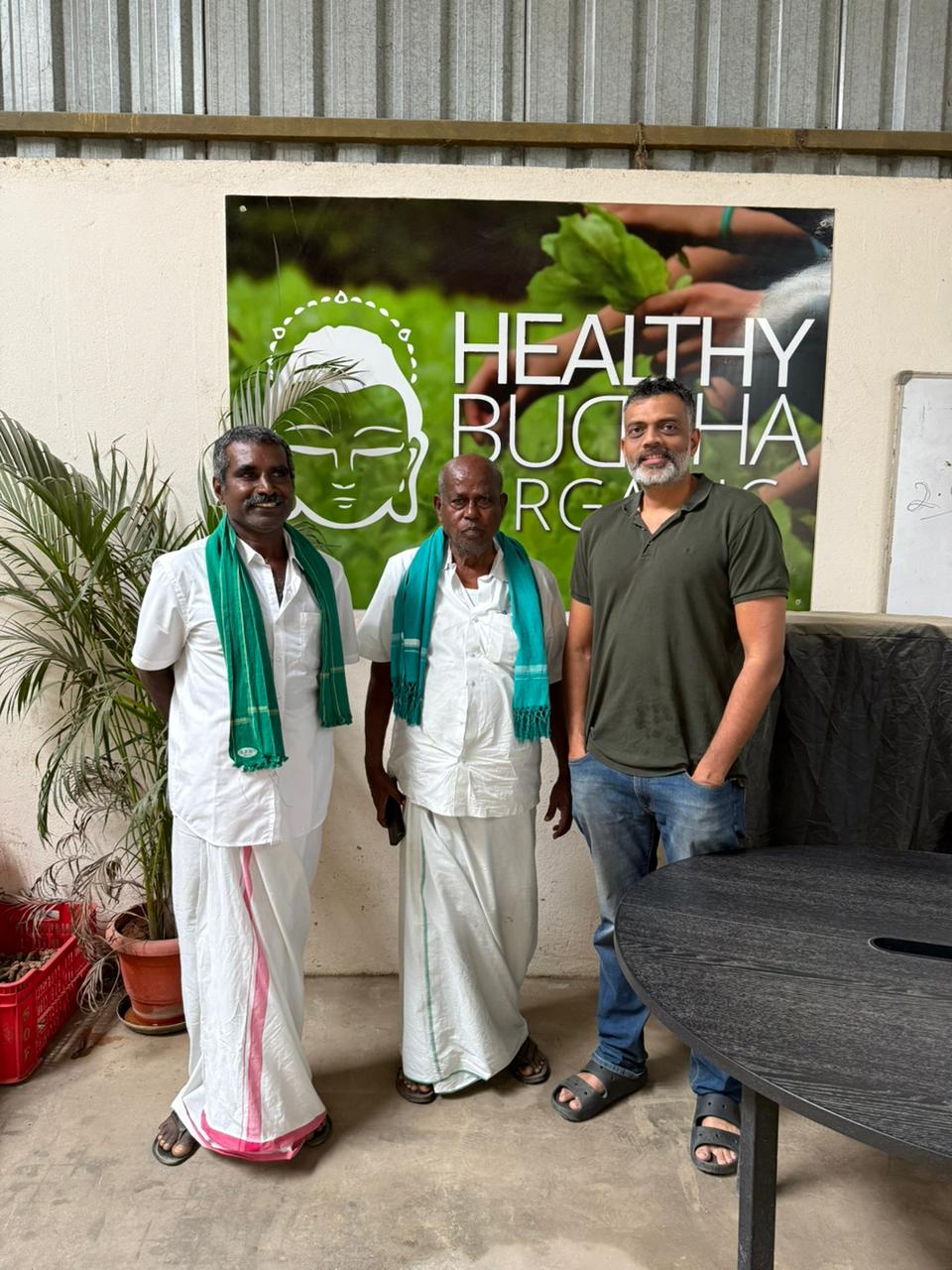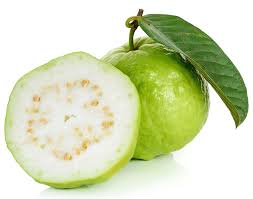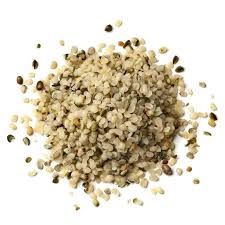.jpg)
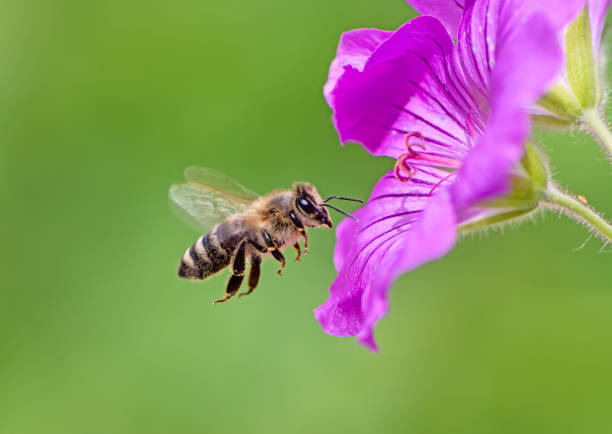
What happens if there are no bees ?
Three out of four crops across the globe producing fruits or
seeds for human use as food depend, at least in part, on pollinators (FAO).
Pollination is
vital to the health of food security across the globe.
Bees are one of the most important and hard working pollinators
on the planet. They pollinate, increase yields, maintain variety, support
species that depend on them & contributes to food security.
Without pollinators like bees many items could not make it to
your grocery list at all.
Eg : Cucumber Plants and Honey Bees share a beautiful
relationship.
Cucumber plant grows both male and female bright yellow flowers
on the same plant. And it requires insects like bees for pollination.
So, if you walk into any organic cucumber field, you will get to witness some live drama happening. Like this one you see in the video happening at Healthy Buddha farm :
A 2016 assessment by the Food and Agriculture Organization of the
United Nations (FAO) found a growing number of pollinator species around the
world are on the brink of extinction.
Former FAO Director-General José Graziano da Silva said:
“Bees are under great threat from the combined effects of climate change,
intensive agriculture, pesticides use, biodiversity loss and pollution.”
"The absence of bees and other pollinators would wipe
out coffee, apples, almonds, tomatoes, and cocoa to name just a few of the
crops that rely on pollination."
It is said that Pesticides or insecticide used can alter bee
behaviour, weaken them, weaken their immune system making them more prone to
attack by pests.
Like Neonicotinoids are a group of insecticides used widely on
farms and in urban landscapes. They are absorbed by plants and can be present
in pollen and nectar, making them toxic to bees as well.
Also, with habitat loss, not enough forage, many cities
expanding - they wont be able to repopulate hives.
What can we do to help
?
- bee friendly garden : variety of nectar bearing flowers (eg
marigolds ) along with your food crops in your garden, theyll not only attract
pollinators, it will beautify the space as well.
- make sure the produce you consume is grown without use of
harmful chemicals.
- learn how to co-exist with bees.
- raise awareness about the importance of bees to kids and
adults around you.
Lately we have been finding bees trying to make their homes in
high rise balconies / ledges at apartments. With personal experience we say
that its easily possible to host them as long as you dont disturb the
hive.
Its a request - DO NOT to get them killed. If youre really have to move them away for some pressing reason - then having them properly relocated is the better way to go.
DH verified expert contacts for relocating them:
Venkatesh: 85538 14264
Resident of KR Puram, has been relocating bees for a decade now. Wears all the protective gear necessary and releases them into dense regions of Kanakapura, Bannerghatta road beyond nice road
Dhananjay : 84948 46212
Resident of Kunigal, Thumakuru has sucessfully moved about 180 hives so far.
Santhosh Kumar : 92427 06343
He has been relocating bees for 17 years. Done many relocations in Yeshwantpur, KR Puram and Yelhanka areas. Mostly does them during April-May, Nov-Dec seasons.
“Humans depend on plants and plants depend on pollinators. A
balance must be maintained in order to sustain life on earth and protect human
survival and health,” - Johanne Brunet ( ecologist, USDA)
Bee populations are already at risk, make sure you do your part.









